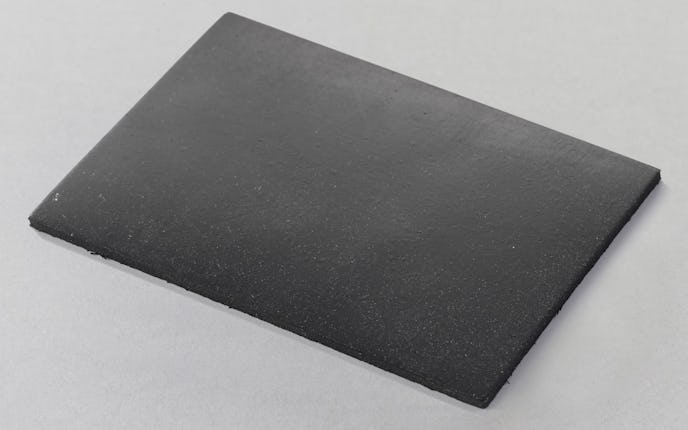
Our offering
- High-performance quality seals and moulded parts out of NBR according to DIN-Norm and Siemens Norm SN 53145-1
- Individual cuts using our ultramodern 3D purewater cutting machinery
- Many resistances
- Plate or rolled goods
- Seamless XXL format
- From quantity 1 up to series production
- High Quality